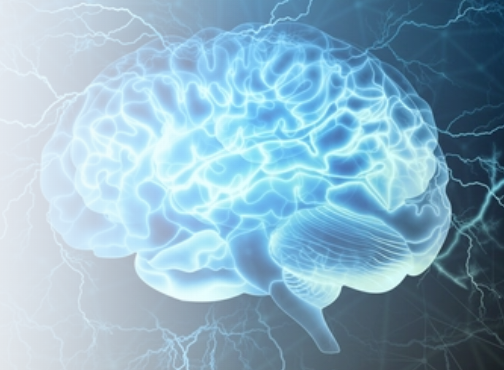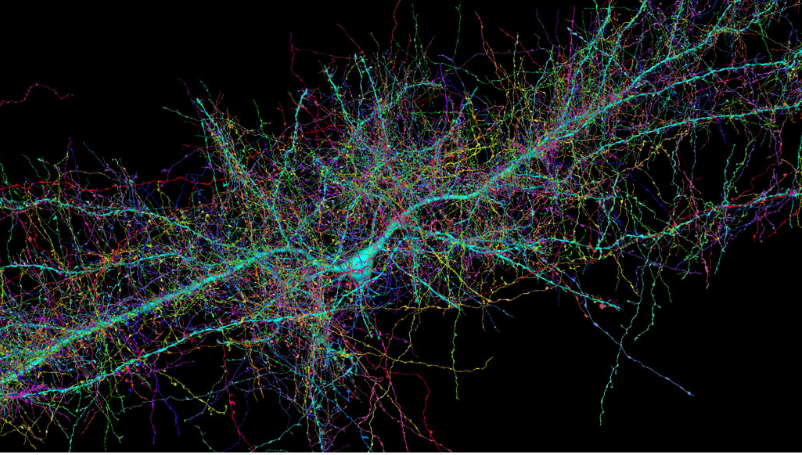Does brain implant eliminate depression? Is it possible?

Scientists develop an implant that is capable of locating and blocking brain activity related to depression even in a patient who does not respond to conventional treatments, this “pacemaker” for the brain identifies the affected region and sends a tiny electrical charge that causes the elimination of the symptoms of the disease.
The treatment consists of two phases, in the first the objective is to identify the specific pattern of brain activity (biomarker) responsible for the appearance of symptoms; For this, the patient had to undergo an intensive examination that lasted 10 days. During that time, he had to wear electrodes that measured his neural activity and informed the researchers about how he felt emotionally. After the scan, the team was able to accurately identify the biomarker that caused the symptoms of depression.

Finding that pattern is key to treatment success because it allows for an individualized response, since one person’s depression can be very different from another’s. Once this pattern is identified, the researchers already know where they have to place the implant and the second phase begins. In the case of the patient, they placed the stimulation device in his right cerebral hemisphere and linked it to electrodes located in two regions: the ventral striatum, related to emotion, motivation and reward, which is where stimulation eliminates his feelings of depression. And in the amygdala, where, according to the researchers, it can be predicted when the symptoms will be more severe.

This last electrode constantly monitors the activity of the brain and when it detects the biomarker, the device sends a signal to the other electrode to deliver a small electric shock of 1mA for 6 seconds. This causes a change in neural activity and the neutralization of symptoms related to depressive moods. The great success of this study is that it has not only managed to identify the brain circuit and the correct biomarker, but has shown that it can also be replicated systematically in the implant.
Understanding the brain circuits responsible for depression may lead to future non-invasive treatments capable of modulating this type of circuit.





Responses